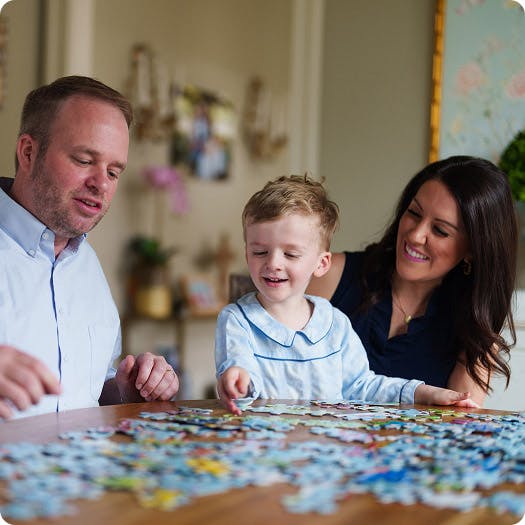Discussing inheritance with your children isn’t always easy. In fact, many parents avoid it altogether—out of discomfort, fear of conflict, or the belief that “they’ll figure it out when I’m gone.” But in our experience, honest and thoughtful conversations now can prevent confusion, resentment, and damaged relationships later.
Here’s how to approach this sensitive topic in a way that builds trust instead of tension.
Start With Why
Don’t just talk about who’s getting what—talk about why. Let your children know your values, your goals for them, and the bigger picture behind your estate plan. This turns a transactional conversation into a meaningful one.
Be Honest About What to Expect
Clarity is a gift. Whether you plan to divide everything equally, treat children differently based on need or contribution, or leave a portion to charity, sharing your intentions can prevent painful surprises later on.
Acknowledge That Emotions Are Involved
Inheritance is about more than money. It can symbolize love, approval, fairness, or past wounds. Don’t be surprised if emotions come up—and be willing to listen.
Make Space for Questions and Input
Some families benefit from a group meeting; others prefer one-on-one conversations. Either way, give your children a chance to ask questions, voice concerns, or offer input (especially when it comes to managing sentimental items like jewelry, land, or family heirlooms).
Put It in Writing—and Review Regularly
Verbal conversations are essential, but they aren’t a substitute for a legally sound plan. Make sure your wishes are clearly documented in your will or trust—and review those documents every few years or after major life changes.
Consider a Letter of Intent
If you’re making unusual choices or want to add a personal touch to your plan, consider writing a non-binding “letter of intent” to accompany your will. This can explain your reasoning in your own words and bring peace to those you leave behind.
We Help Families Have the Right Conversations
At Oak Grove, we don’t just write documents—we help families navigate the human side of estate planning. We’ll help you put your wishes in writing and support you in sharing them with your children in a healthy and constructive way.








